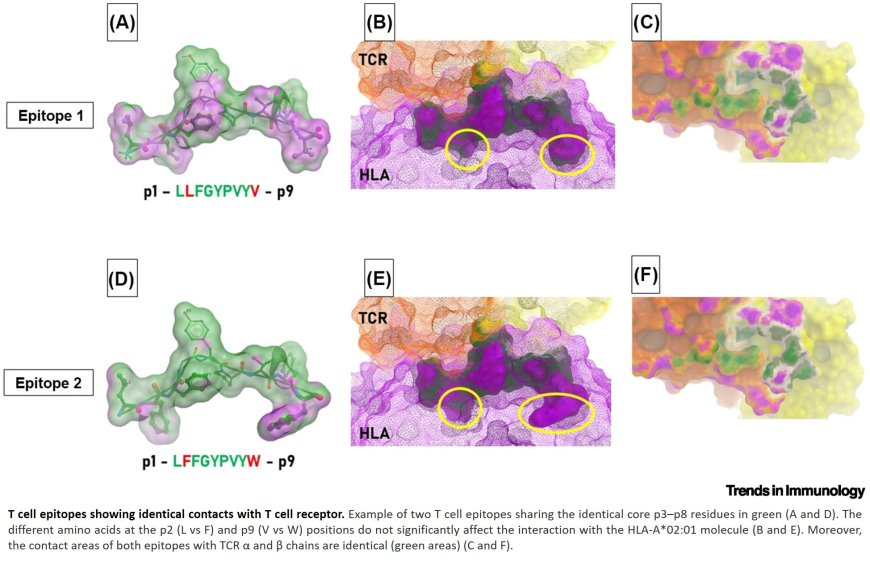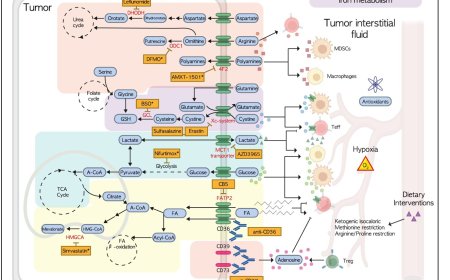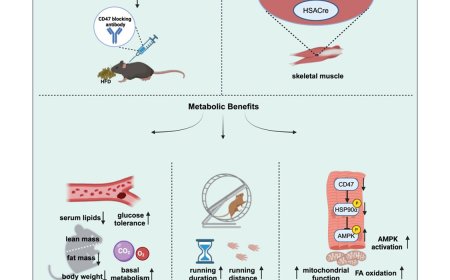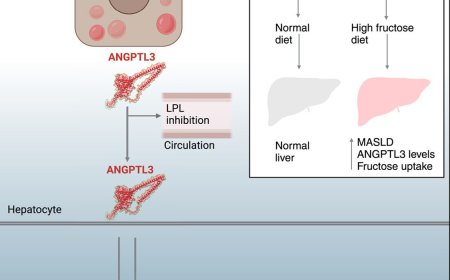Molecular mimicry as a driver of T cell-mediated tumour immunity

Several peptide sequences derived from pathogenic and non-pathogenic microbes, so called microbial-associated antigens (MAAs), show high sequence homology with canonical and noncanonical tumour-associated antigens (TAAs).
T cells cross reactive with MAAs and TAAs showing homology (MAA/TAA pairs) are identified in both healthy individuals and cancer patients confirming that exposure to microbes may induce a preventive anticancer T-cell repertoire.
Structures of T cell receptors (TCRs) cross reactive with epitopes derived from microbes and cellular self-antigens have been resolved, proving that the same TCR elicited by a MAA binds the homologous TAA.
Epitopes from intra-tumoral bacteria can be presented by MHC class I and II molecules and elicit tumour-infiltrating lymphocytes targeting TAAs.
Phase 1 clinical trials are currently evaluating the safety and immunogenicity of cancer vaccines based on TAA homologous MAAs.
https://www.cell.com/trends/immunology/fulltext/S1471-4906(25)00179-6













